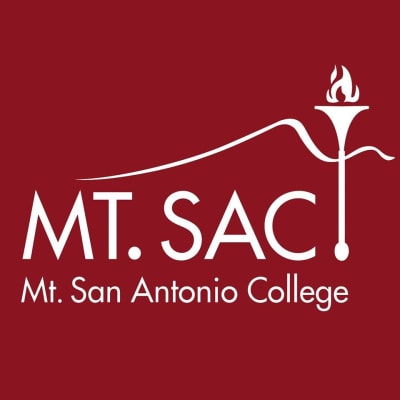
Associate of Science in Culinary Arts Management
Mt. San Antonio College

Key Information
Campus location
Los Angeles, USA
Languages
English
Study format
On-Campus
Duration
2 years
Pace
Full time
Tuition fees
USD 362 / per credit *
Application deadline
Request info
Earliest start date
Request info
* per unit out-of-state student tuition - $46/per unit California residents tuition
Introduction
The program prepares students for career opportunities in restaurants, catering, hotels, theme parks, and other foodservice businesses. Students gain practical training in the use of commercial equipment and acquire the skills necessary to be successful in the field of culinary arts, such as: knife skills, food production, presentation, menu development, portion control, cost control, menu planning, and nutrition. Students who successfully complete the requirements for this degree will also earn the Food Protection Manager Certification.
Gallery
Admissions
Curriculum
Required Courses
- CUL 101 Professional Cooking Foundations, 3 Units
- CUL 102 Professional Cooking I, 3 Units
- CUL 103 Professional Cooking II, 3 Units
- CUL 104 Garde Manger, 3 Units
- CUL 105 Baking and Pastry I, 3 Units
- CUL 111 Exploring Beverages, 3 Units
- HRM 52 Food Safety and Sanitation, 2 Units
- HRM 56 Hospitality Supervision, 3 Units
- HRM 57 Hospitality Cost Control, 3 Units
- HRM 61 Menu Planning, 3 Units
Restaurant Operations (Must be taken together)
- CUL 91 Culinary Work Experience, 5 Units
- CUL 114 Dining Room Service Management, 3 Units
- CUL 115 Restaurant Operations, 3 Units
Required Electives: 3 Units
Select one from the following:
- CUL 106 Baking and Pastry II
- CUL 107 World Cuisines
- CUL 108 Cooking for Special Diets
- CUL 109 Butchery & Charcuterie
- CUL 110 Street Foods
- CUL 112 Sustainability in Culinary Arts
- HRM 62 Event Planning and Catering
- HRM 72 Hospitality Purchasing and Procurement
Total Units: 43
Program Outcome
Student Learning Outcomes
*Student Learning Outcomes include general skills, knowledge, or applications which students are expected to demonstrate after completing a course or program of study. The discipline faculty responsible for a course or program develop these outcomes, as well as measure or assess the students to determine if the outcomes are being met. The goal of assessing Student Learning Outcomes is to help improve our courses, curriculum, student success, and/or instruction. Course-level Student Learning Outcomes do not need to be comprehensive, they can focus on a particular aspect of a course, and the measurements of these assessments are not necessarily part of the student's grades in the courses. Remember, Student Learning Outcomes do not necessarily represent all of the material and objectives to be learned in a course.